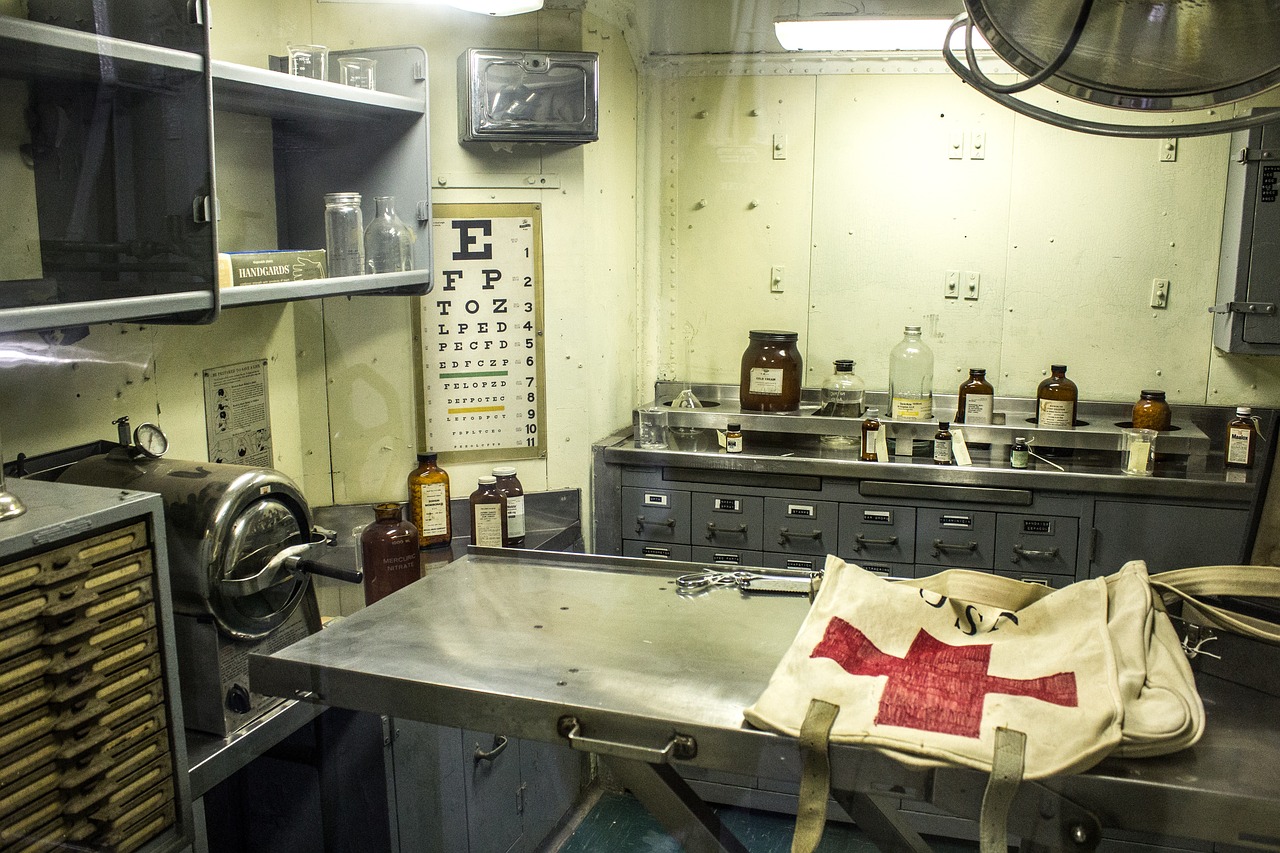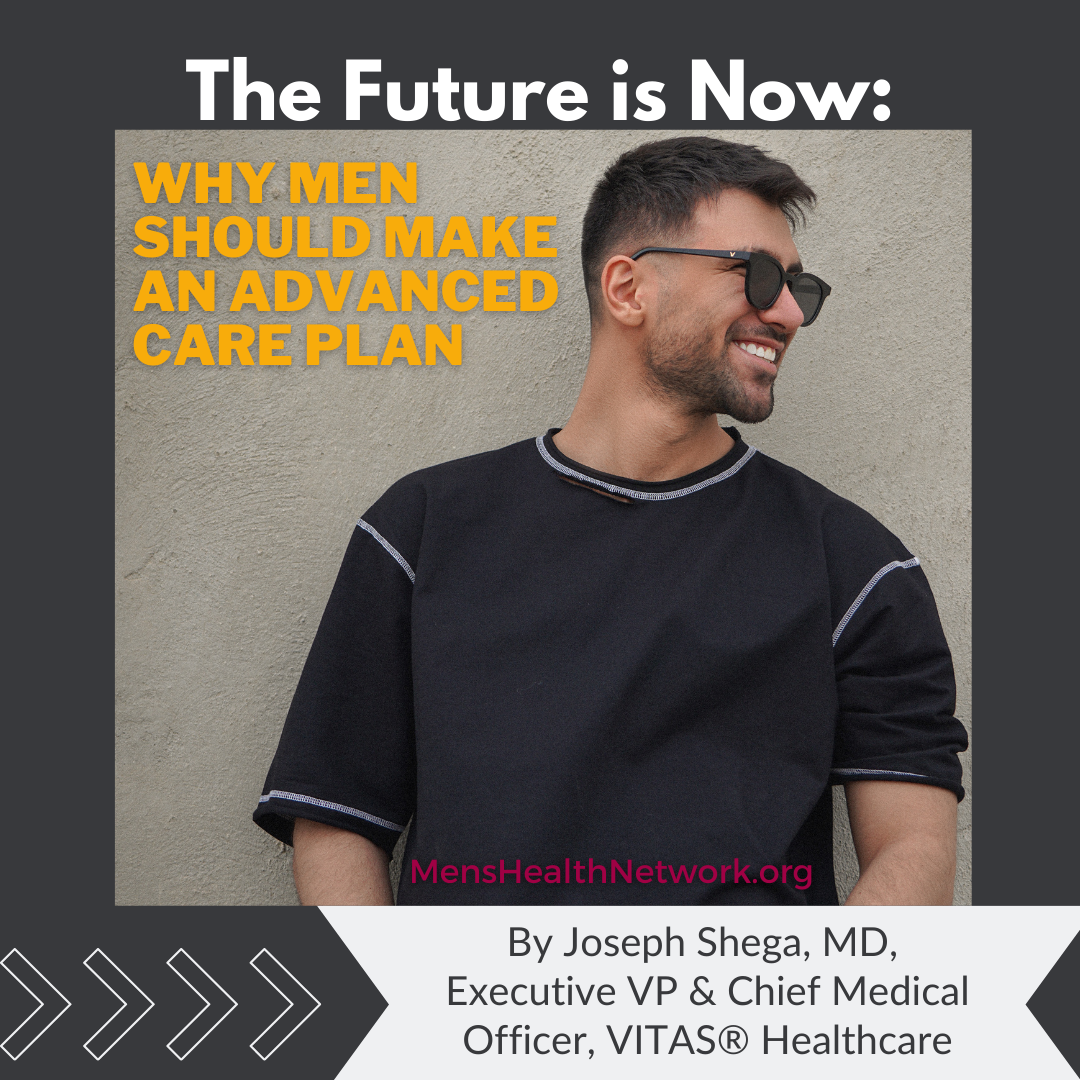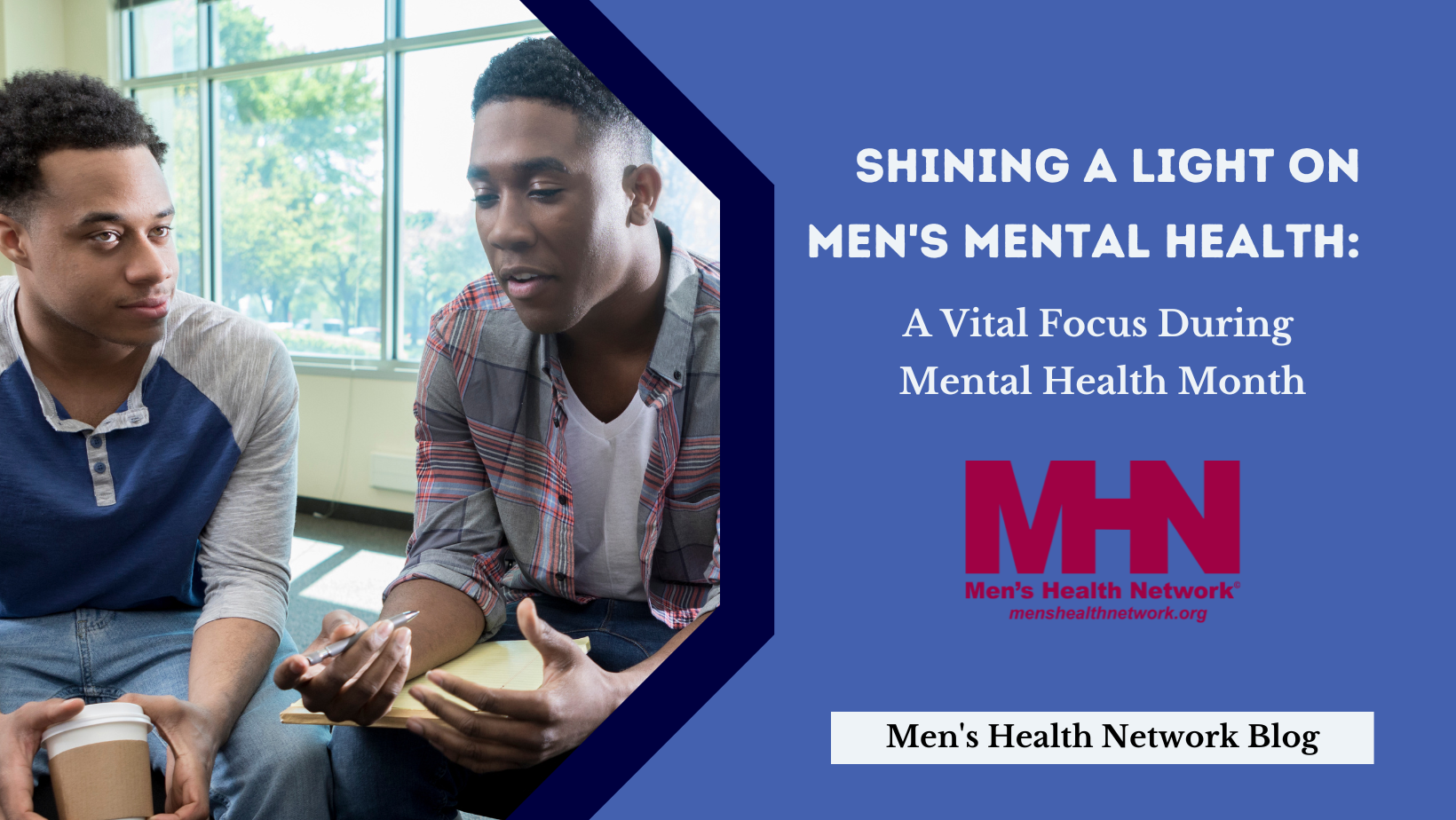The population of American veterans is not “one size fits all.” As someone who spent nearly 13 years on active duty in the Army, including nine months in the Middle East during Operation Desert Shield, I know that personally. Varying military experiences, and the specific health issues associated with them, pose ongoing challenges for the health care system as veterans seek care. The main reason I got involved with health care, and the health care of veterans in particular, is because of my own story of military service.
I got involved with the Patient-Centered Outcomes Research Institute (PCORI) because my wife was a PCORI Ambassador, one of a network of individuals dedicated to changing the culture of research. I went with her to a few conferences and I saw the work she and others were doing to make health care more patient-centered. PCORI’s central focus is to get patients involved in every aspect of the health research process, and by doing that they are changing the way research traditionally has been done. But I felt there was a need to include the veterans’ voice to a far greater extent. So, I became an Ambassador as well.
The most important thing I want veterans to know is that there is actually research being done that is guided by their individual experiences. Everybody is different; we all bring our own point of view to the doctor’s office. But it’s rare that that point of view has been factored into the research that provides the information all of us use to make health care decisions.
For instance, if you complain about pain, say, joint pain or severe headaches, a doctor might give you 1,000 milligrams of ibuprofen. But if a veteran reports those same symptoms, the source of that pain or headache may have a significantly different cause, so a doctor might treat them differently than how they’d treat a civilian. I’ve been really impressed with how PCORI is focused on that patient-centered aspect of health care in the research it funds overall, and in studies involving or designed to benefit veterans specifically.
The same need to be very patient-centered in deciding on care options applies in dealing with one of the main issues faced by veterans who have been in combat—the transition to civilian life. For veterans who have sustained injuries from their service, there is a significant mental health component to consider to be sure the decisions those veterans make with their doctors are the right ones for them.
When a civilian is injured or suffers a health condition, it often can be because of an accident, genetic factors, or perhaps health choices they’ve made. Veterans deal with those same issues, of course. But we’re also ordered to do things that can put us in harm’s way. Often, you’re thrust into a situation where you’re injured or your mental health is affected because the actions you took were mandated by a superior, not a decision you made. We know that’s the nature of the mission, and we accept it. But that carries a very specific burden over and above the physical toll an injury can take on a person’s life.
The one thing I tell veterans and doctors is to always ask questions. If you are a veteran and have any ailment, mental or physical, even if it wasn’t something diagnosed during your service, it’s important to seek out the information you need on how best to address your issue in the way that will work best for you.
That’s part of why I pursued a degree in health management after finishing my military service. I started asking questions about impacts and methods of care and how that might affect diagnoses down the road. I seek out a lot more information from doctors these days than in the past. In doing so, I often find that they didn’t often understand the uniqueness of each veteran’s health needs and how that was influenced by their service.
More and more I’m seeing that the doctors treating veterans are veterans themselves, and that’s gone a long way toward improving care for veterans. Just having someone who knows what you might be going through makes it easier to be honest about what’s going on with your health.
I think that’s why it’s so important to emphasize patient-centered research as a path to care that will better serve all patients—veterans and civilians alike.
Image by Dennis Larsen from Pixabay




